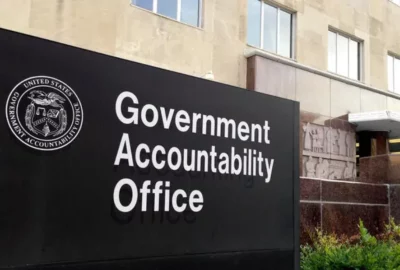By Suzanne Kubota
Senior Internet Editor
FederalNewsRadio.com
It’s deadline time for improving the federal hiring process. By yesterday, agencies were supposed to eliminate KSAs and allow applicants to apply for jobs using resumes and cover letters, among other requirements set out by the President.
John Palguta is vice president for policy at the Partnership for Public Service told Federal News Radio the effort is far from a failure.
Since hiring is decentrailized, said Palguta, “we actually have some agencies that have met the targets,” getting rid of the KSA essays, and others “are still working on it.”
I think you have to look at this as a journey more than a destination that stops on November first, yesterday. If you compare this to where we were in government overall on May 11 (when the President issued the memorandum,) a lot of progress has been made. Have we gotten completely there? No. This is a journey that’s going to continue or going to need to continue to see improvements, but it’s getting better. That’s the good news.
Bear in mind, reminded Palguta, the KSA has been a big part of the assessment process for a very long time. For some agencies, getting rid of it has meant overhauling the assessment process.
As for shortening hiring times,it also helps to remember some agencies had been taking upwards of 200 days to complete the process. It’s now down to 80 for many. That, said Palguta, has taken a lot of retooling as well.
One of the biggest challenges on a more personal level for federal managers is the requirement to become more involved in the hiring process and not leave it up to their agency’s HR office. Now, said Palguta, managers have to rethink how they’ve been involved in the process and what they need to do to change. To help, the Partnership put out a step by step hiring guide for managers and OPM has been out in the field doing training sessions.
Overall, said Palguta, “again, glass half full here. Things are getting better, it’s getting faster, managers are getting more involved, KSAs are not a prevalent as they were. We’ve got a ways to go, but we should be pleased at what we’ve accomplished so far.”
Copyright
© 2024 Federal News Network. All rights reserved. This website is not intended for users located within the European Economic Area.




